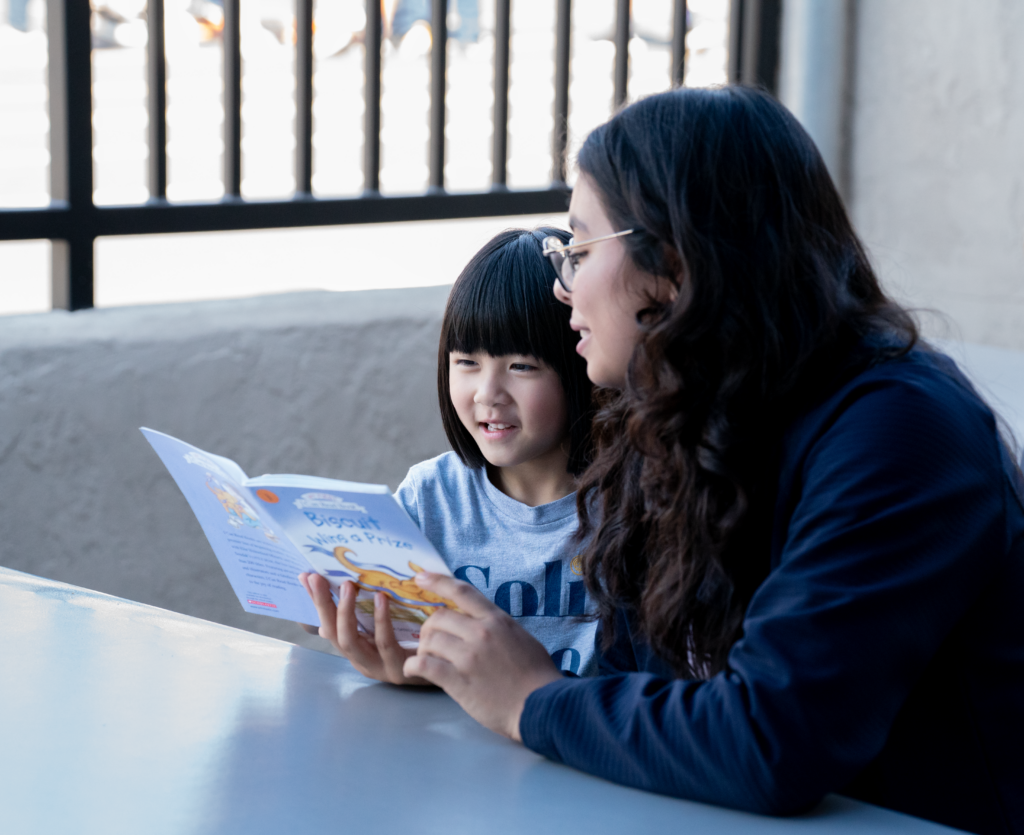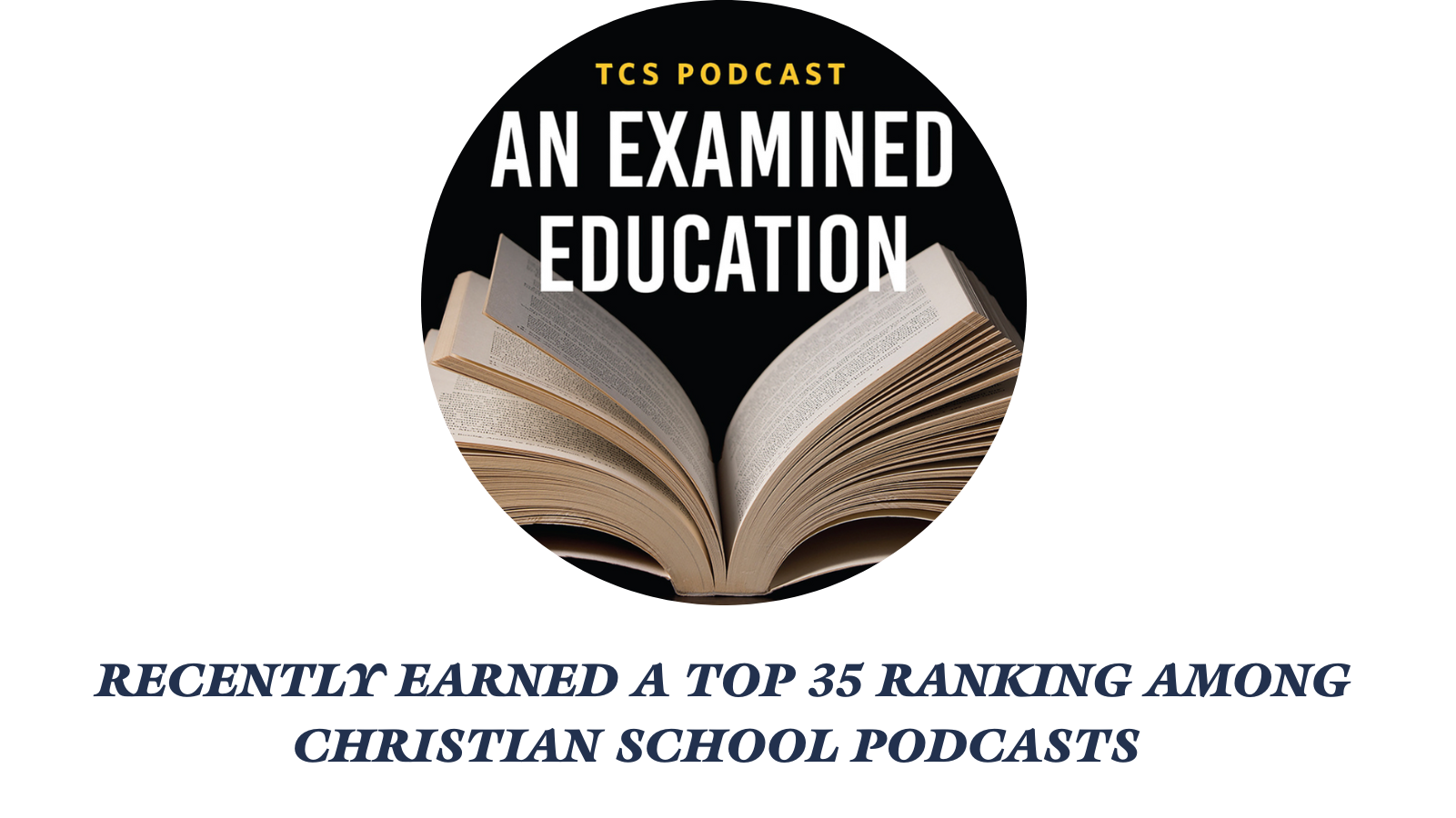
Introduction
In the realm of Classical Christian education, immersing students in literature transcends mere academic exercise. It is a journey that spans centuries, unlocking the depth of human experience and prompting critical reflection. At Cambridge, we believe in the transformative power of books and their ability to shape not only intellect but character. In this article, we delve into why literature holds a pivotal place in our approach to education.
Epistemic Humility | Literature as a Life Skill
At its core, literature encourages epistemic humility — the art of listening before objecting. Students are urged to approach written text with open minds, absorbing the nuances of diverse perspectives.
Books serve as conduits for cultivating well-rounded individuals who navigate life with a depth of understanding gained from great works.
Answering Big-Picture Questions Sooner | Literature as Knowledge
One of the remarkable features of literature is its ability to transcend time. In well-crafted novels or timeless poems, students journey through different eras, gaining insights into the human condition from centuries past. Neglecting this exploration may lead to grappling with fundamental life questions in the future. Literature allows students to engage with profound questions early on, offering insights into human experiences that might otherwise remain unexplored until later stages of life.
Enriching The Human Experience | Literature as a Vehicle
In essence, literature opens up realms of experience that transcend the boundaries of historical, geographical, or psychological texts. It expands the horizons of imagination, offering a full-bodied experience that intellectual texts may not fully capture. While intellectual rigor is valuable, great novels delve deep into students’ psyches, fostering a profound connection with the human experience. Unlike passive art, literature requires active participation—a mental journey where students transform words on a page into a vibrant, living universe.
The Cambridge Approach | Literature as Reflection
Our educators deeply engage with the material, understanding its importance, and imparting that enthusiasm to our students. We are in the process of developing a deliberate set of questions for students to interact with from 9th through 12th grade. These questions, ranging from the nature of truth to the essence of compassion, guide students in forming their thoughts and perspectives over the years. In the 12th grade, structured reflection becomes a celebration of intellectual growth and self-discovery, facilitated by the exploration of profound questions posed by written texts.
Conclusion
The investment in literature at Cambridge is an investment in the holistic development of students. It is a commitment to shaping minds that not only excel academically but also possess the wisdom and depth to navigate the complexities of life with grace and understanding. Through books, we unlock the doors to the vast tapestry of human experience, equipping our students for challenges and triumphs beyond the classroom.
Resources
Interested in hearing more? Cambridge’s very own, ‘An Examined Education,’ recently earned a top 35 ranking among Christian School Podcasts! Be sure to listen to our newest episode which provides more detail into the importance of literature at Cambridge.
Schedule a tour today to witness firsthand the dynamic learning environment we have cultivated, enriched by the influence of great books.
